Gentlemen’s Guide: Bangkok’s 5 Best Barber Shops
These top 5 barber shops in Bangkok are where gentlemen can elevate ...
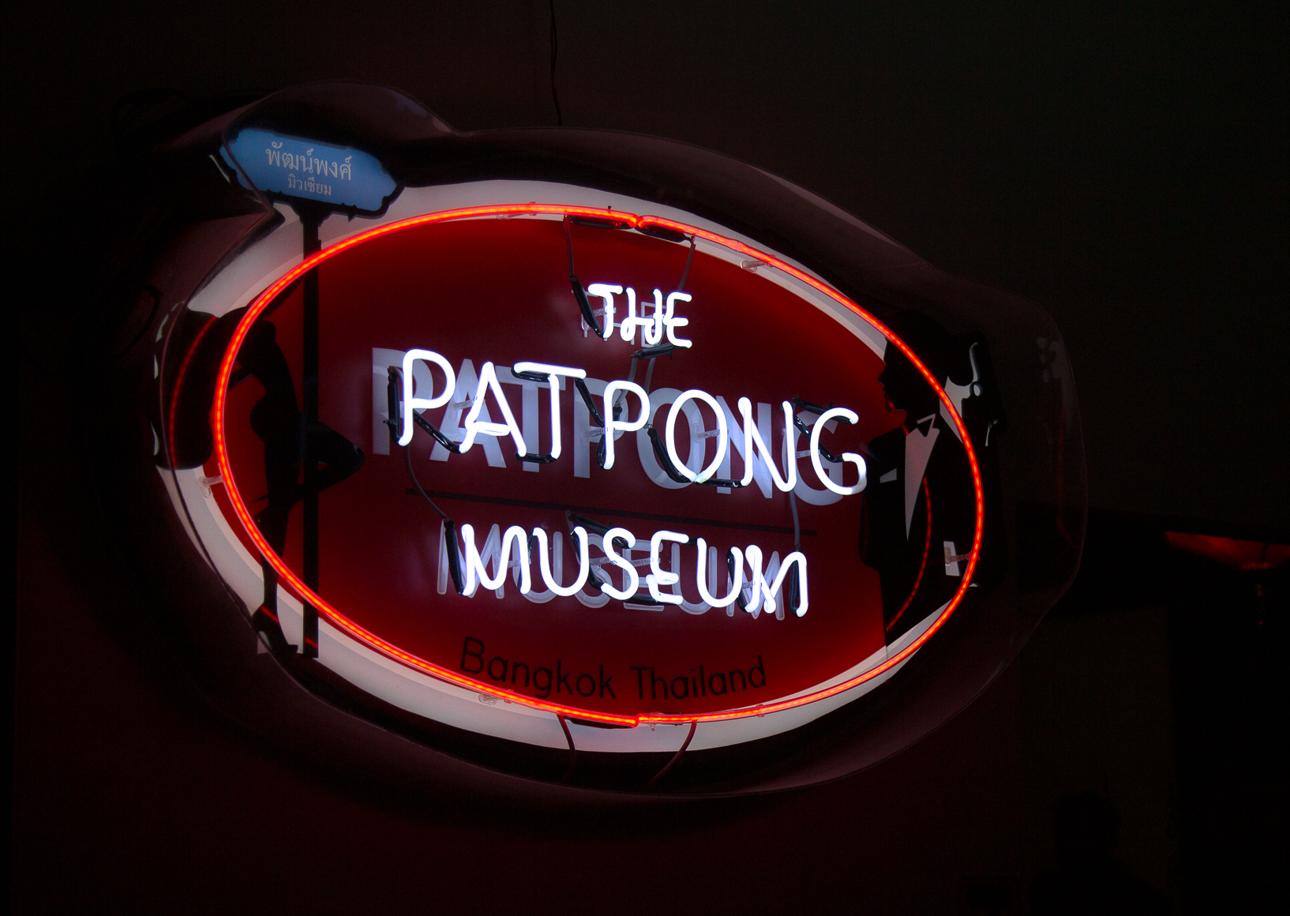
[This article was first published in January 2020.]
Open in late 2019, the Patpong Museum is an entertaining and educational experience located right at the heart of the very district it documents. The museum is run by what I would call an honourary Patpong native. Michael Messner, who you may recognise as the owner of the famous Barbar Fetish Club and Black Pagoda in Patpong, moved to Bangkok two decades ago and was quickly won over by this unique little neighbourhood. Understanding Patpong beyond its surface of bar girls and ping-pong shows, he decided it was time the rest of us see the rich heritage and charms of Patpong.
Coming from a reputable Viennese art family—Michael’s father is late Austrian artist Ernst Fuchs of the Ernst Fuchs Museum—Michael knew just how to tell the colourful, multi-dimensional story of Patpong. We begin our private tour with the owner-curator at the front section of the museum, which takes you back to China in the late 1800s. In 1882, a Chinese boy emigrates to the Kingdom of Siam in search of better opportunities. Like many other migrants of the time, he lands himself work in rice fields. Unlike his peers, however, he was inquisitive and was able to decode why their land plot produced substandard yield: high calcite content.
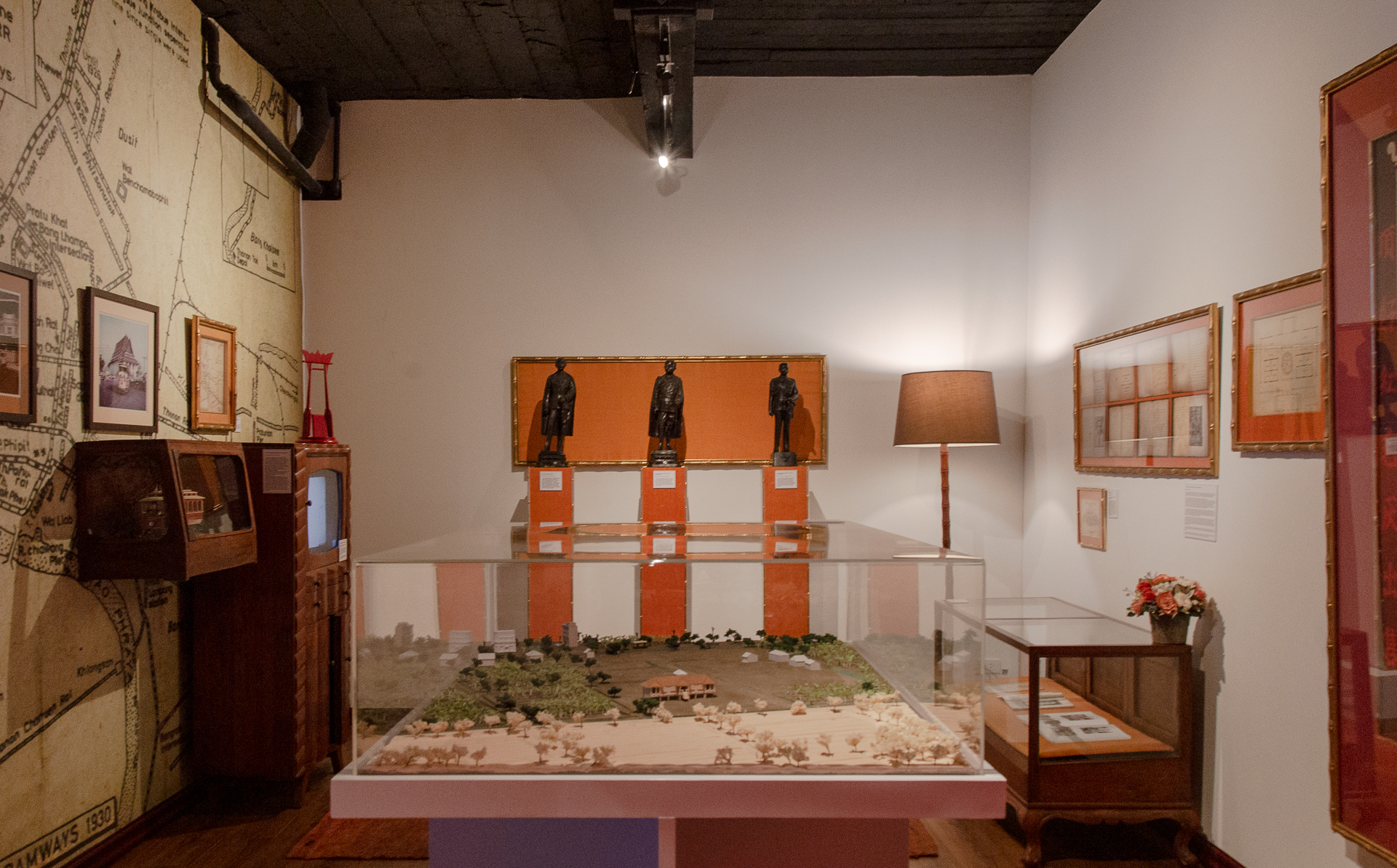
The discovery led the young man to supply Siam Cement Group, or SCG, with an invaluable source material for their product. Business boomed and, as SCG had been established through royal decree, the young man was eventually bestowed an honourary title and citizenship. He became known as Luang Patpongpanich, thus beginning the Patpong family line.
When he was wealthy enough, Patpongpanich purchased the land where Patpong is today, but it was his son, Udom, who was pivotal to the making of modern Patpong. Linking Silom and Surawongse Roads through Patpong and activating the connections he made during World War II with members of the US Office of Strategic Services (the predecessor of the CIA), Udom Patpongpanich created a business district out of his father’s plot, bringing in multinationals like IBM, Trans World Airlines, Caltex and Shell, as well as the US Information Service Library and US Chamber of Commerce. These institutions set up their offices in Patpong and just like that, the district was made into a strategic hub for not only business but covert operations during post-war and Cold War eras.
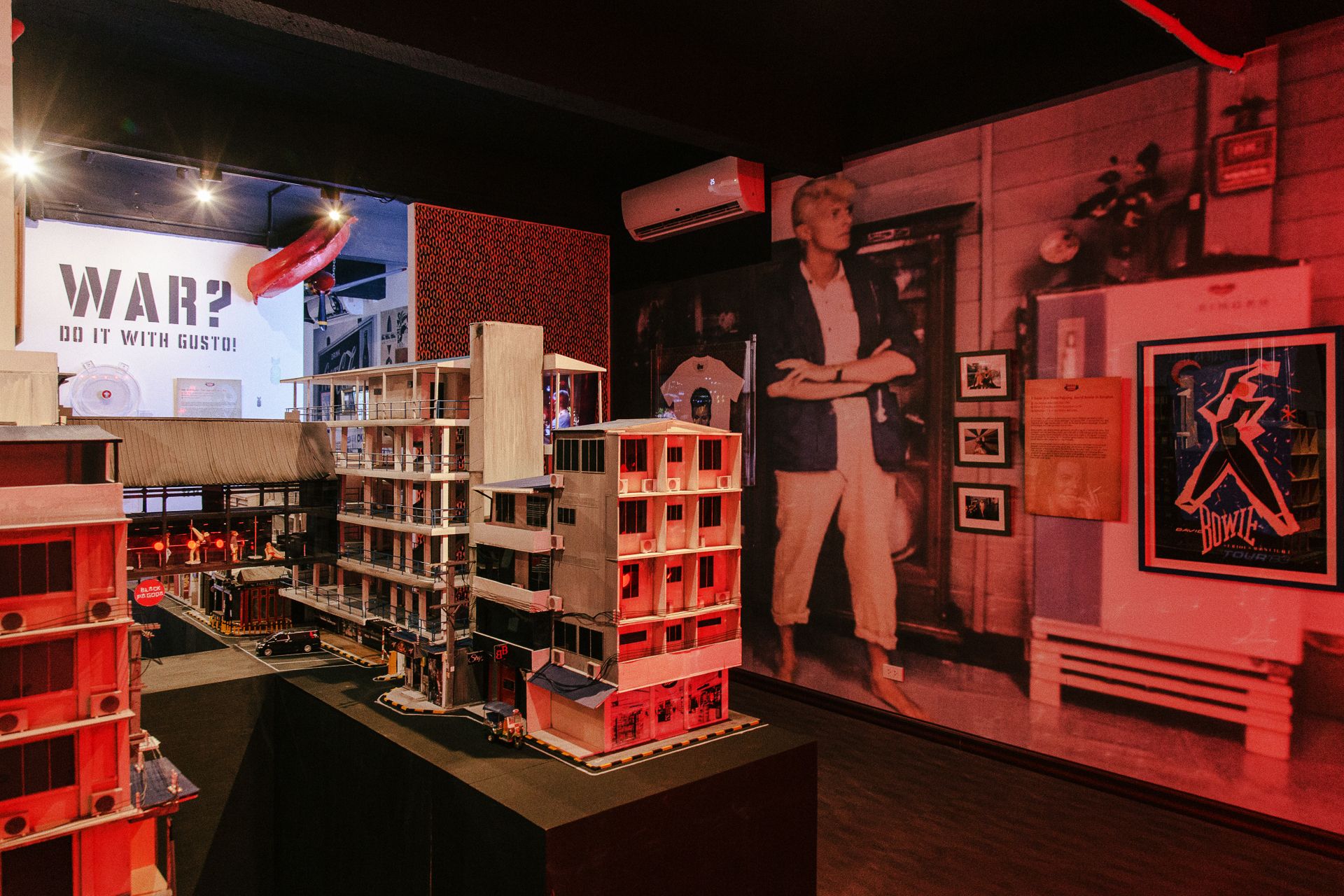
You’ll probably spend the most time in the middle section of the museum. Here, you’ll find a miniature replica of the entire neighbourhood (just as you saw the real thing on your way there) and along the walls, more history. Amongst the figures portrayed in this room, the two biggest stars are David Bowie and notorious CIA agent Tony Poe. David Bowie is immortalised in the Patpong Museum for footage captured of him at the famous Superstar Bar in Patpong during the 1983 Serious Moonlight Tour. Poe, on the other hand, was more of a frequenter of Patpong, spotted many times in the district for business and pleasure between the 1950s and 1990s. In this room is also where you’ll learn about the rise of go-go’s in Patpong via a loophole discovered by one clever bar owner named Rick Menard.
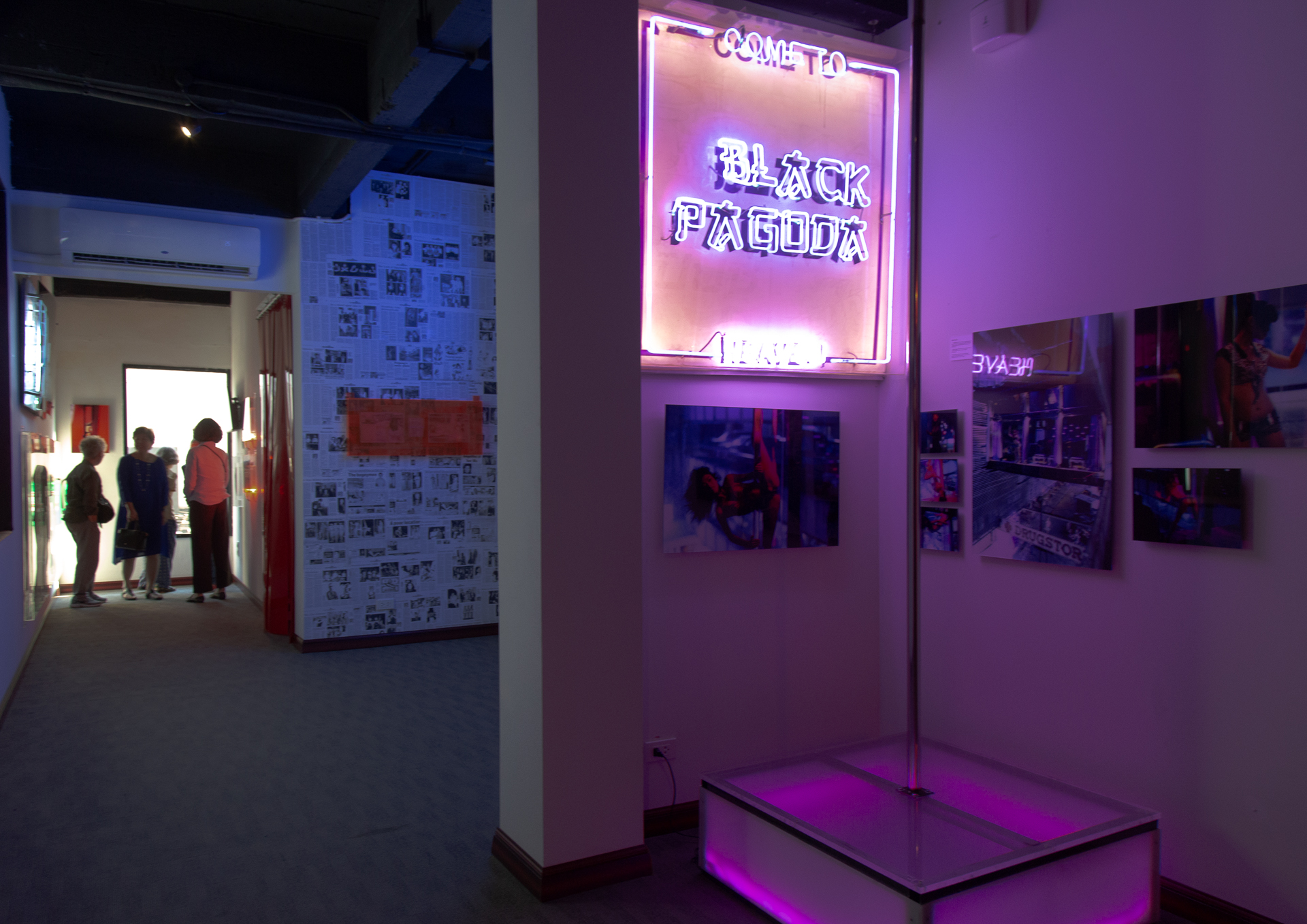
The museum tour completes with a memorable bang as the final zone is an X-rated gallery highlighting commissioned artworks about Patpong as well as artefacts submitted by Patpong visitors from all over the world—like a business card of an oral sex bar that existed in Patpong in the ’70s. There is also an element of interactive fun in this zone, with gimmicks such as a mechanic ping-ping show game, a souvenir vending machine and photo backdrops.
Towards the end of our private tour, as we sit down with Michael inside the museum’s bar—yes, there’s a bar in the museum where you have can have straight liquor or a soda—he muses about the endless ideas he still has for his museum. This is perhaps the most exciting thing about the Patpong Museum and a reason to return once you’ve already been: “It is a living museum. It’ll never be complete.”
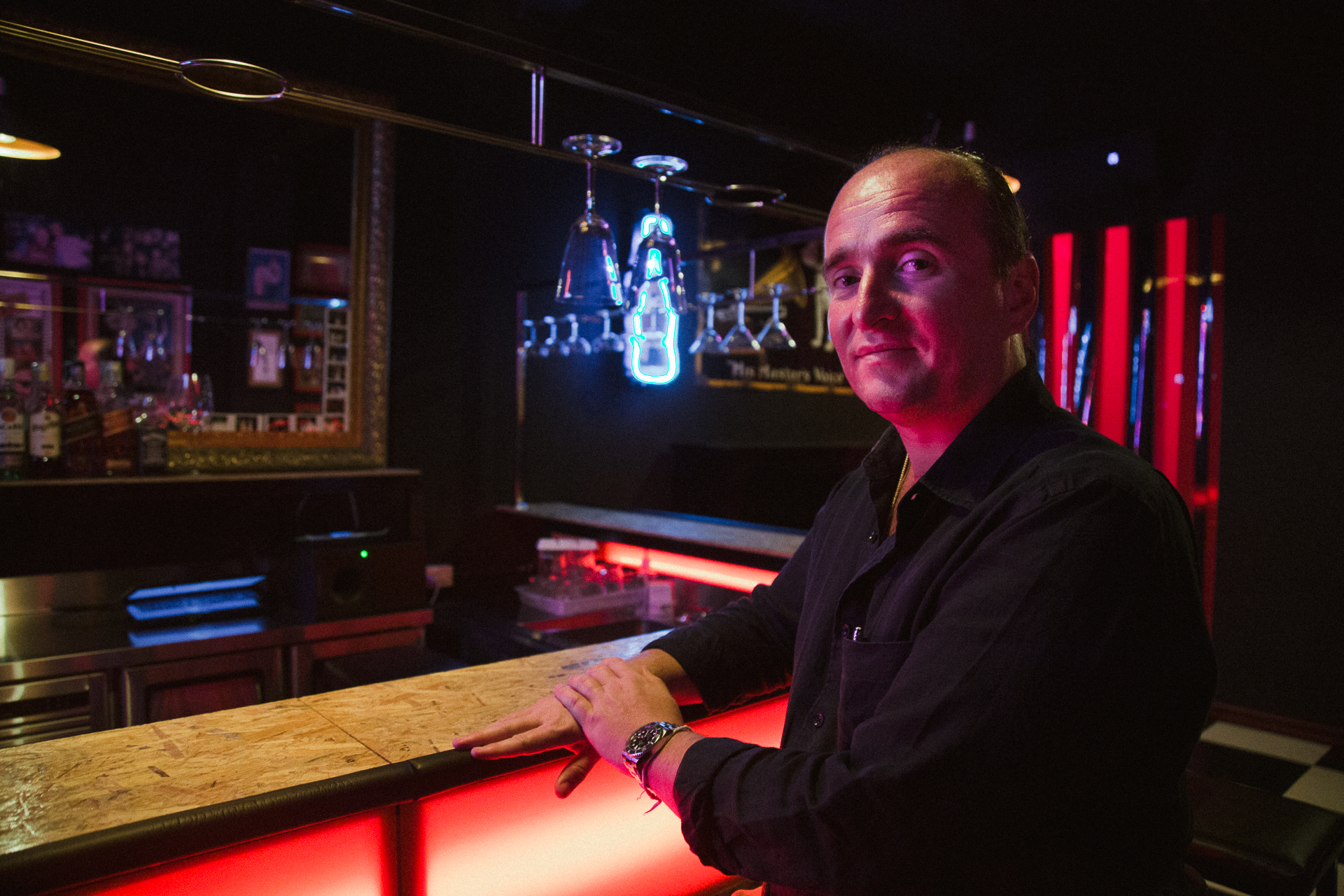
The Patpong Museum is located on Patpong Soi 2, across the Foodland. The museum will reopen on December 1, 2021. For more information, visit patpongmuseum.com or fb.com/patpongmuseum.
These top 5 barber shops in Bangkok are where gentlemen can elevate ...
Wandering around the globe, try out the signature tastes of cultures across ...
We asked Thai actresses and got real stars, fictional heroes and everything ...
Pets, as cherished members of our families, deserve rights and protections that ...
Sailorr and Molly Santana’s black grills fuse hip-hop swagger with homage to ...
VERY THAI: In this regular column, author Philip Cornwel-Smith explores popular culture and topics ...
Wee use cookies to deliver your best experience on our website. By using our website, you consent to our cookies in accordance with our cookies policy and privacy policy